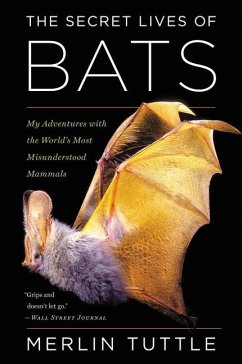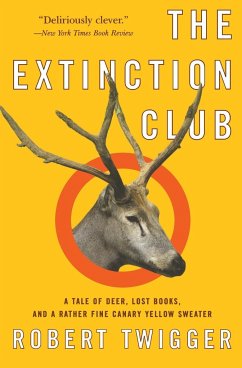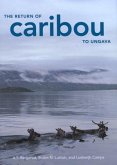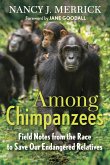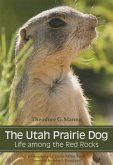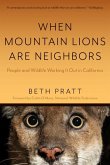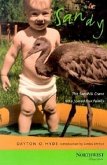Few people realize how sophisticated and intelligent bats are. Merlin Tuttle knows, and he has stopped at nothing to find and protect them on every continent they inhabit. Sharing highlights from a lifetime of adventure and discovery, Tuttle takes us to the frontiers of bat research to show that frog-eating bats can identify frogs by their calls, that some bats have social sophistication similar to that of higher primates, and that bats have remarkable memories. Bats also provide enormous benefits by eating crop pests, pollinating plants, and carrying seeds needed for reforestation. They save farmers billions of dollars annually and are essential to a healthy planet. Tuttle's account forever changes the way we see these poorly understood yet fascinating creatures. "Grips and doesn't let go." - Wall Street Journal "It's a terrific read." - Huffington Post "A whirlwind adventure story and a top-shelf natural history page-turner." - Sy Montgomery, author of The Soul of an Octopus "One of the best, most interesting books I've ever read." - Elizabeth Marshall Thomas, author of The Hidden Life of Dogs
Hinweis: Dieser Artikel kann nur an eine deutsche Lieferadresse ausgeliefert werden.
Hinweis: Dieser Artikel kann nur an eine deutsche Lieferadresse ausgeliefert werden.

